HR Outsourcing: Things You Need to Know
Date:05.06.2023
/
Time: 09:40
/
Author -Beeri Simon
Managing human resources (HR) functions within a business can be complex and time-consuming, especially for small and medium-sized enterprises. To alleviate the burden and streamline HR operations, many companies are turning to HR outsourcing. In this article, we will explore the ins and outs of HR outsourcing, its benefits, potential challenges, and key considerations for selecting the right outsourcing partner. Drawing from extensive industry knowledge, this comprehensive guide aims to equip you with the information you need to make informed decisions about HR outsourcing for your business.
Understanding HR Outsourcing:
1.1 Definition and Scope: Delve into the concept of HR outsourcing, explaining the various functions and processes that can be outsourced, such as recruitment, payroll, benefits administration, training, and compliance. 1.2 Types of HR Outsourcing: Explore different models of HR outsourcing, including comprehensive outsourcing, selective outsourcing, and project-based outsourcing, highlighting their respective advantages and considerations.
Benefits of HR Outsourcing:
2.1 Cost Savings: Discuss how HR outsourcing can result in cost savings by eliminating the need for in-house HR staff, infrastructure, and technology investments
2.2 Expertise and Access to Talent: Highlight how outsourcing HR functions provides access to a team of experienced HR professionals who possess specialized knowledge and stay updated on industry best practices.
2.3 Increased Efficiency and Focus: Explain how HR outsourcing allows businesses to streamline operations, improve efficiency, and refocus internal resources on core business objectives.
2.4 Scalability and Flexibility: Discuss the scalability of outsourced HR services, allowing businesses to adjust the level of support as per their changing needs and organizational growth.
Potential Challenges of HR Outsourcing:
3.1 Loss of Control: Address concerns about relinquishing control over HR functions and emphasize the importance of effective communication and collaboration with the outsourcing partner.
3.2 Data Security and Confidentiality: Discuss the significance of data protection in HR outsourcing, along with the need for proper data security measures and confidentiality agreements.
3.3 Cultural Alignment and Integration: Highlight the potential challenges related to aligning the outsourcing provider’s culture with the company’s values and fostering seamless integration.
Key Considerations for Choosing an HR Outsourcing Partner:
4.1 Define Your Requirements: Guide readers on how to assess their specific HR needs, including current pain points, desired outcomes, and long-term goals.
4.2 Research and Due Diligence: Provide a checklist of factors to consider when evaluating potential HR outsourcing providers, such as reputation, industry experience, service portfolio, client references, and technological capabilities.
4.3 Service Level Agreements and Contracts: Explain the importance of establishing clear expectations and agreements through comprehensive service level agreements (SLAs) and contracts.
4.4 Communication and Relationship Management: Emphasize the significance of open and transparent communication with the outsourcing partner, fostering a collaborative and mutually beneficial relationship.
HR outsourcing can be a game-changer for businesses seeking to streamline their HR operations, enhance efficiency, and focus on strategic initiatives. By understanding the fundamentals of HR outsourcing, evaluating its benefits and challenges, and following a structured approach to selecting an outsourcing partner, businesses can make informed decisions that align with their unique needs and contribute to long-term success.






























